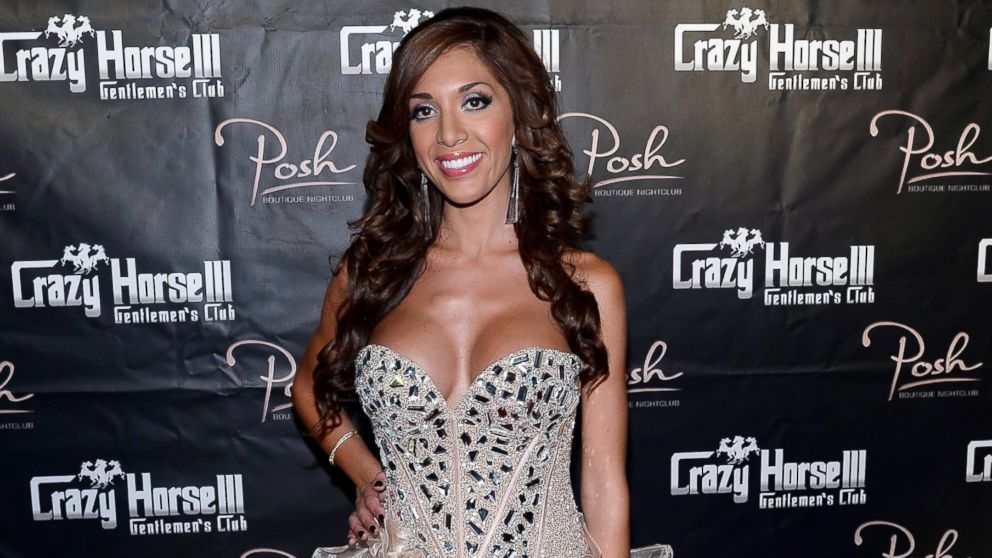This Is What New Teen Birth Control Looks Like
Farrah Abraham's legacy is bolstered by new academic research.

Jan. 13, 2014— -- When reality show star Farrah Abraham rose to fame for becoming a teenage mother and then releasing a sex tape with porn star James Deen, many TV-watchdog groups criticized MTV's "Teen Mom," saying she was encouraging teenage pregnancy and recklessness.
But the story of Abraham, who was 16 when she became pregnant and the star of the MTV show "16 and Pregnant," may have served as a cautionary tale, according to new research. "16 and Pregnant" follows teen moms through their pregnancy and birth, while the series sequel, "Teen Mom," goes back and revisits the mothers from "16 and Pregnant" as they raise their growing children.
A study by researchers at the University of Maryland and Wellesley College found that teenage birth rates dropped more than 5 percent among teenage girls who watched the two reality shows on MTV.
The study analyzed Google searches and Twitter reactions by audience members as the show aired combined with birth rate statistics of girls ages 15 through 19. It found that as each new episode of the show aired, those in this age group began searching for such phrases as "birth control," and birth rates dropped.
"We find that '16 and Pregnant' led to more searches and tweets regarding birth control and abortion, and ultimately led to a 5.7 percent reduction in teen births in the 18 months following its introduction," authors Melissa S. Kearney and Phillip B. Levine wrote.
"This accounts for around one-third of the overall decline in teen births in the United States during that period," they said.
The show has been derided by groups that include the Media Research Council and the Parents Television Council for reputedly glamorizing teen motherhood.
Dr. Logan Levkoff, a teenage development expert, previously told ABC News that the show had helped create "a culture where it is exciting to be a pregnant teen."
"The fact of the matter is that most teens who are pregnant do not have the same experience that the girls on those shows have," Levkoff said.




